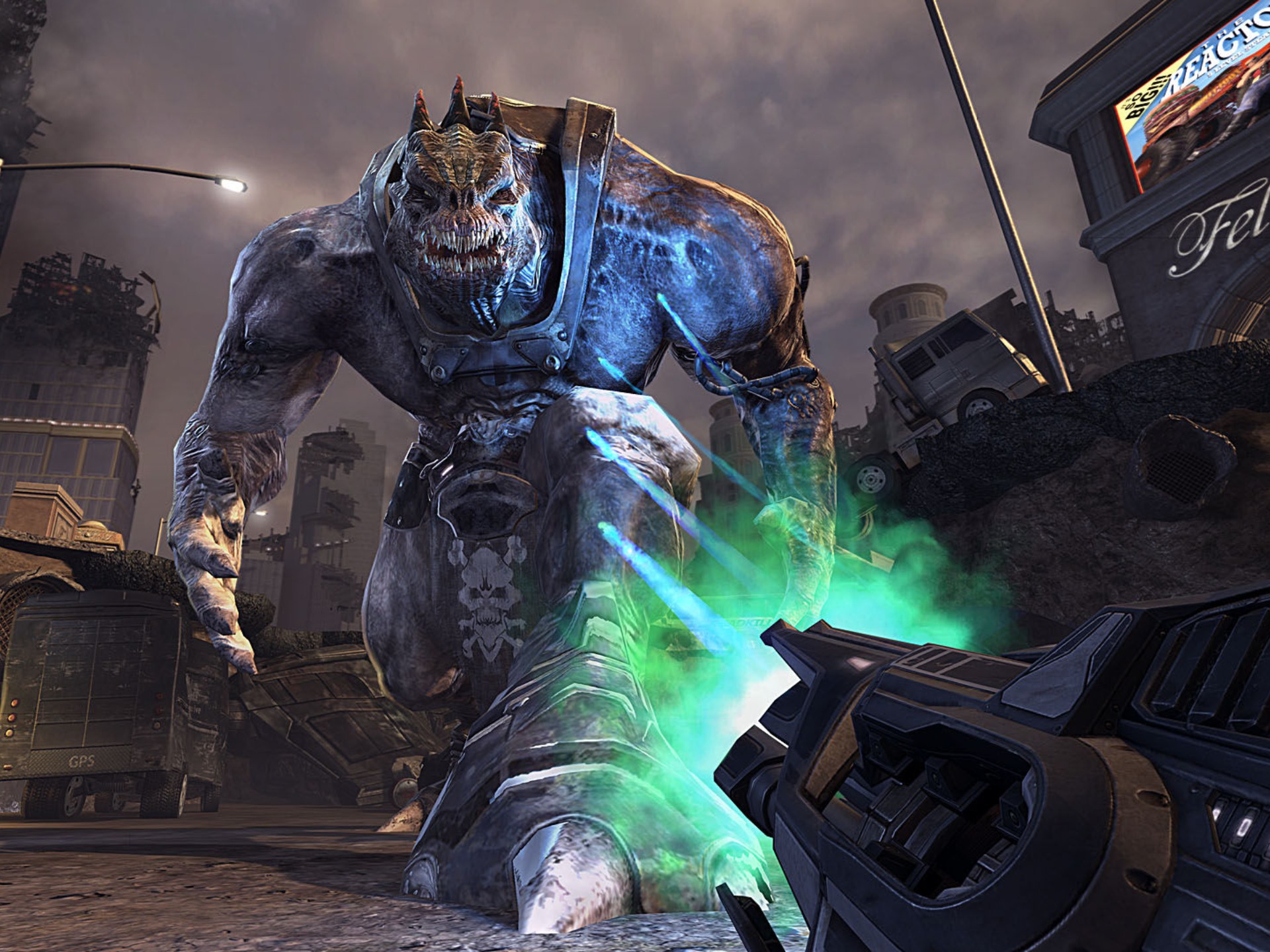Multiplayer Cheating: Out of Control?
Introduction
Online multiplayer gaming has revolutionized entertainment, allowing millions of players worldwide to compete and collaborate in real time. However, alongside its growth, cheating has become an increasingly rampant issue. From aimbots and wallhacks to match-fixing and account boosting, dishonest players exploit vulnerabilities to gain unfair advantages. The question arises: Is multiplayer cheating spiraling out of control?
This article explores the current state of cheating in online games, its impact on the gaming community, and potential solutions to curb this growing problem.
The Rise of Cheating in Multiplayer Games
Cheating in video games is not new, but the scale and sophistication of modern cheating tools have escalated dramatically. Several factors contribute to this surge:
1. Accessibility of Cheating Software
Cheating tools are now easier to obtain than ever. Websites and underground forums sell or even distribute free cheats, making them accessible to anyone willing to download them. Some cheat providers offer subscription-based models, ensuring regular updates to bypass anti-cheat systems.
2. Financial Incentives
With the rise of esports and streaming, winning in competitive games can translate into real-world rewards. Some players cheat to secure high ranks, boosting accounts for profit, or gaining followers through seemingly "superhuman" gameplay.
3. Weak Anti-Cheat Measures
While many games employ anti-cheat software (e.g., Easy Anti-Cheat, BattlEye, VAC), cheat developers continuously find ways to bypass them. Some cheats operate at the kernel level, making detection extremely difficult.
4. Psychological Factors
Many cheaters justify their actions by claiming that "everyone else is doing it" or that they are merely "balancing the playing field" against other cheaters. This mentality perpetuates the cycle of dishonesty.
The Impact of Cheating on Gaming Communities
Cheating doesn’t just affect individual matches—it erodes trust and enjoyment for all players involved.
1. Ruined Player Experience
Legitimate players often quit games after encountering cheaters repeatedly. A single cheater can ruin an entire match, leading to frustration and declining player bases.
2. Damage to Esports Integrity
Professional gaming relies on fair competition. When cheating scandals emerge (e.g., CS:GO’s "ESL Pro League" bans), they undermine the credibility of esports as a legitimate sport.
3. Economic Losses for Developers
Game studios invest heavily in anti-cheat systems and manual moderation. Persistent cheating can also drive away paying customers, reducing revenue and harming long-term game viability.
4. Normalization of Dishonest Behavior
When cheating becomes widespread, some players may feel pressured to cheat just to remain competitive, further degrading the gaming environment.
Current Anti-Cheat Solutions (And Their Limitations)
Game developers and third-party services have implemented various strategies to combat cheating, but none are foolproof.

1. Automated Detection Systems
- Signature-based detection: Identifies known cheat files but fails against new or custom cheats.
- Behavioral analysis: Detects unnatural player movements (e.g., perfect aim snapping) but can produce false positives.
2. Hardware & IP Bans
- Some games ban cheaters at the hardware level (e.g., Valve’s HWID bans).
- However, determined cheaters use spoofers to bypass these restrictions.
3. Machine Learning & AI
- Companies like Riot Games use AI to detect suspicious patterns.
- Still, cheat developers adapt quickly, leading to an ongoing arms race.
4. Player Reporting & Manual Reviews
- Many games rely on player reports, but this system is slow and prone to abuse (e.g., false reports).
Potential Solutions to Curb Cheating
While no single method can eliminate cheating entirely, a multi-layered approach could significantly reduce its prevalence.
1. Stronger Legal Action Against Cheat Developers
- Some countries have started prosecuting cheat creators under hacking laws.
- Game companies could pursue lawsuits more aggressively to deter cheat distribution.
2. Two-Factor Authentication (2FA) for Ranked Play
- Requiring phone verification or hardware keys could make cheating less accessible.
3. Transparency in Anti-Cheat Measures
- Players should be informed when cheaters are banned to restore confidence.
- Publicly showcasing cheat detection improvements could deter would-be cheaters.
4. Community-Driven Fair Play Initiatives
- Encouraging positive behavior through rewards (e.g., Overwatch’s Endorsement System) can promote fair play.
- Allowing trusted players to review suspicious cases (e.g., CS:GO’s Overwatch) helps catch cheaters faster.
5. Better Cheat Prevention at the Game Design Level
- Reducing client-side calculations (e.g., server-side hit detection) minimizes exploit opportunities.
- Randomized mechanics (e.g., recoil patterns) can make cheating less effective.
Conclusion: Is Cheating Truly Out of Control?
Cheating in multiplayer games is undeniably widespread, but it is not yet unstoppable. While cheat developers continue to innovate, so too do anti-cheat technologies and community-driven solutions. The battle against cheating requires constant vigilance from developers, players, and even legal authorities.
If the gaming industry adopts stricter policies, better detection tools, and fosters a culture of fair play, cheating can be pushed back—ensuring a more enjoyable experience for everyone.
The fight against cheaters is far from over, but with collective effort, fair competition can prevail.
Tags: #Gaming #AntiCheat #Esports #OnlineGaming #FairPlay #CheatingInGames #Multiplayer #GameDevelopment


















